Steve Axtell is the founder of Axtell Expressions, a world-renowned puppet and animatronics company whose creations are used by performers in more than 80 countries.
From Disney and Universal to Broadway, Ripley’s, schools, and churches, his characters have delighted audiences everywhere.
Growing up the son of a Nazarene pastor, Steve’s love of puppetry began in childhood and eventually came full circle when Sesame Street reached out to say how much his work inspired them.
Today, Axtell pushes the boundaries of performance with animatronics and AI-powered characters that can interact with audiences in any language.
Welcome to the Plain Values Podcast, please meet our friend, Steve Axtell…
For more information about Steve and his amazing work, check out https://axtell.com
Transcripts
4:10 – When puppets came alive to Steve
4:24 – A letter from the legal department at Sesame Street
5:38 – Developing a puppet business and working in the hospital
6:16 – Puppets have helped autistic children speak for the first time
7:13 – Making people laugh
8:07 – Over 200 characters in over 80 countries
8:26 – Sesame Street calls again, now Steve has inspired THEM
11:47 – 100 singing chickens
13:14 – Working with the highest-paid performer in Las Vegas
14:31 – Bigfoot Bob
21:20 – Top secret project for Broadway
23:33 – Creativity comes from God
23:57 – How can we pray for you?
Steve Axtell:
People using our puppets have seen autistic children speak for the first time. I really want to do this because my passion is to make people laugh and happy. Sesame Street called me and they said, this is about probably 10 years ago now, and they said, Mr. Axtel, we want you to know how much you’ve inspired us. We have over 200 characters now that are in 80 different countries around the world. We are working on a project for Broadway right now that is a top secret until it comes out.
Marlin Miller:
I sat down with my friend Steve Axtel from the Columbia, Tennessee area, and we had a fantastic conversation about his journey to creating some of the coolest and most unique puppetry and animatronics that you will ever see as a kid. Steve was a ventriloquist and he loved the entire art, and he realized that he could impact more people by making puppets for all these other performers. And he has got his work in the most unbelievable places on Broadway, in movies, all sorts of things. Please meet my friend Steve Axtel. This podcast is sponsored by my friends at Azure Standard. Around here we have tons of Amish bulk food stores like the Ashry, Seth, Seth, it was your grandpa, right? That began the Ashry many, many moons ago, and they’re actually one of the oldest bulk food stores around. Here’s my point. As Lisa and I have traveled more, we have picked up on the fact that not everybody, in fact, most other towns and families do not enjoy the luxury of being able to go to a bulk food store and gather up all the things that they need in mass.
I mean, I guess you have Costco, but that’s different. Azure Standard brings that kind of food right to a drop in your town. You can also order household goods, garden stuff, and books. Everything **@***********rd.com. Tell ’em Marlon and Plain Values sent you. So Steve, thank you very much for giving us a chance just to get to know what you do and how you got here and all of that stuff. There’s so much here. So you and I got connected because of a couple of mutual friends, and I got a chance to bring my wife here and our children scared to death, which absolutely scared her to no end. Lisa has this thing with ventriloquist and puppets and all that. She does not like any of ’em, which was a blast for us. So how old were you when you saw that you loved this whole thing?
Steve Axtell:
Six years old. My dad was a pastor, and so we would have evangelists that came to the church and would do magic or ventriloquism for the kids, and they would have rallies. And so I got caught up in that creative ministry angle and they would stay at our home because we had the parsonage,
And so the evangelists would stay at our home, and so in the evenings after the services and stuff, they would maybe teach me how to do a magic trick or show me how to operate a ventriloquist tummy, and I was just fascinated by it. So I began making my own puppets at like seven, eight years old. But then when I was, I think it was 14 when I saw Sesame Street for the first time, and it changed my worldview of how puppets could be used because they were, Jim Henson had created this way of having a puppet walk across the street or walk as if they were an actor not sticking out of a window like c La Fran and Ali, the old style puppets out of a window, and it gave them such a freedom, and they became alive to me in my 14-year-old mind. And I said, that’s what I want to do, and I just knew that’s what I want
Marlin Miller:
To do, and you were on it.
Steve Axtell:
I’m on it. So I began building copies of the Sesame Street Muppets right away. I had heard that Jim had made Kermit from his mother’s green coat, and so I found a green rug that was in our bathroom, and I made Oscar the Grouch out of it. So just copying my hero, that must be what you do. You find something that your mother had and make something out of it. So I did all of those things and I was in a newspaper article at the time, and it was Steve and his Muppets, that was the title of it. My mom cut the picture out and the article out and sent it to Jim Henson, and we were waiting and waiting. She said, maybe you can get a job with him someday. Well, I got a letter back and he said, the legal department said, please don’t use the name Muppets, and you can’t make copies of our characters, but you’ve got talent and you should find your own look and get together with other people in the puppetry community and kind of find a direction. So I did, and I felt like I had really hurt my hero’s feelings that just the way I warped just processed that news. And so I said, well, for sure I’ll never copy again. That sent me on a new direction to find my own look, which I did do, and I started my business partially while I was working in the state hospital system in California. I was working with autism and I was working with developmentally disabled children
Adults, and I was doing work that I really felt called to and at the same time developing my puppet business. So I began to marry the two together and used puppets in my work at the state hospital system, and we saw, I’ve heard stories, people using our puppets, have seen autistic children speak for the first time and things like that. Magical things that have happened even on the mission field.
Marlin Miller:
Really?
Steve Axtell:
Yeah. Fantastic. So while I was doing that, we built our business and we went from that half and half to full time because
At the time we were having children, and my wife, Susie, she said, if you’re going to go into this business, you should do it because you’re really good at it. And she had a degree in home economics, so she was sewing and stuff for the business, and we were developing this, and she said, are you going to be a performer because you’re going to be gone a lot if you’re going to be on cruise ships or in Vegas or whatever television, which I had those dreams of doing all of that, got to thinking about it and said, no, no, I really want to do this because my passion is to make people laugh and happy, because there’s so much torment and so much anguish, especially with abused children, things that I had seen being in the psychology field. I said, I want to make people laugh. That’s my goal. And she said, well, you can make people laugh doing local shows and stuff, but you’re going to just be making people in Ventura, California laugh.
I got to thinking about people were starting to buy my puppets at that time, showing interested, can you make me this? And I like, oh, you’re a performer too. Yeah, well, sure. I’ll make you one. So I began to think about that. If this thing scaled, wow, I could have entertainers around the world using my products, and that’s what we’ve got. So I stopped copying, I began making my own products. We have over 200 characters now that are in 80 different countries around the world, performers on stages in Vegas, on television and movies. We’ve got missionaries, churches all using our puppets. And what’s wonderful about it to bring the story around Sesame Street called me and they said, this was about probably 10 years ago now, and they said, Mr. Axtel, we want you to know how much you’ve inspired us. Get out. And I said, what? And he said, yeah, this was a producer Louis Mitchell, a producer at Sesame Street, and we’re good friends today. And he said, yeah, we watch your videos on YouTube here. We have over 400 videos on YouTube
Of different puppet things that we do. And he goes, you’ve really inspired us. We watch your videos here at Sesame Street every day. I said, do you know about my background, my history? And he said, oh, yes, we know all about that and how Jim told you not to copy. And I was like, wow, you knew all about that. That was 50 years ago. He said, yep. And so they sent me that poster right there that was signed by all the Muppet people that puppeteers and stuff, and Carol Spinney that did Big Bird and Oscar, the g gr is one of them. Anyway, it came full circle.
Marlin Miller:
So I’m trying to put myself in your shoes. At 14 years old, I was skateboarding and snowboarding, and I was just a punk
Steve Axtell:
Kid. I was inside making puppets, watching the skateboarders out the window,
Marlin Miller:
The way that the Lord will guide and give those little nudges and the desires of your heart. As a kid, I used to think that that verse talked about that I could ask for
Steve Axtell:
Anything,
Marlin Miller:
Anything. And as I’ve gotten older, I don’t think it’s that at all. I think he’s saying he’s giving us the desires that we are to follow that of his heart, Of his heart, And that’s exciting. So this whole story, when I heard that the very first time I knew that I wanted to share it, I knew that that was something that I just wanted to talk about. Oh, after I
Steve Axtell:
Scared your wife to death,
Marlin Miller:
That was a blast. And the old man is now
A lot more intense, I think. Yeah. It’s very, very, which is just really, really great. This episode is sponsored by my friends at Kentucky Lumber. A few years ago, Lisa and I were looking at redoing the wood flooring on our top floor for the kids’ bedrooms, and she was doing a bunch of research, and she came back one night and she said, Marlon, I found this great company called Kentucky Lumber. We had never heard of them before. And she saw and felt something that really resonated deeply with her. And the more that I learned about Derrick and his team, the more I understood why they’re an incredibly giving family. They’ve adopted a couple kids, they fostered a couple kids. They live their life the way we want to live our life and train their kids, and the way that the Bible tells us to do to the very best of their ability, and we’ve been able to get to know them. Guys, if you need any kind of wood products from flooring to trim to anything else, you can find th**@***********rs.com. What are some of your favorite stories that have come out of the puppets and the animatronics that
Steve Axtell:
You’ve built? Well, one of the great things that’s happened is we had, our biggest contract was to build a hundred singing chickens for the Frizzle Chicken Farmhouse Cafe, which Dolly Parton now owns. It was made for another creative producer, David Fee in Pigeon Forge, Tennessee. And he built this restaurant, and Dolly eventually bought it.
Marlin Miller:
Is it those? Yes, those are it.
Steve Axtell:
Okay. Yeah. So she has a hundred of those. Well, a hundred singing chickens. That’s what they say. There’s 62 chickens in the restaurant, and they all sing. Every 15 minutes or so, all 60 of them will start singing pop songs, fully orchestrated pop songs. Well, I have to get some video. Yeah. So great. Check ’em out.
Marlin Miller:
So 62 Chick, is it like a massive cackle? I mean, is it super loud in there? Oh, yeah. I mean, it has to be. I know these guys are,
Steve Axtell:
They have volume control, of course, but each chicken has a nearby speaker to it, so it sounds like it’s coming directly from them. So it’s wonderful. And LED lighting hits them, and it’s all choreographed with, they have video walls behind them.
Marlin Miller:
Wow. Totally. Taking it to the next level.
Steve Axtell:
So that’s really fun. Another one is I’ve had a really great relationship with a Vegas performer that won. America’s Got Talent, Terry Fader season five, and he was, at the time, he was the highest paid entertainer in Las Vegas history.
Marlin Miller:
Oh my
Steve Axtell:
Goodness.
Marlin Miller:
Being a
Steve Axtell:
Ventriloquist.
Marlin Miller:
He’s doing,
Steve Axtell:
He’s my number one client. Yeah, he’s the man. So we just went to England together to talk about our creative design of We Are the World. We did this project. I’ll give you the link to the video and Ill, it’s fantastic. He does all the voices for that song, and I made 19 puppet puppet heads for him to perform with.
Marlin Miller:
So you went to England. Did you pull a whole bunch of ventriloquist in to talk about and help them learn? Or was this more for
Steve Axtell:
No, this was a tribute show about me. So I was interviewed and it was about the inventions that I had developed over the years that everybody’s using around the world.
Marlin Miller:
So now, if I’m thinking straight, 40 years of work, Jeff Dunham started out with some of your
Steve Axtell:
Things, some of my stuff,
Marlin Miller:
And then he’s building his own,
Steve Axtell:
Right? Yeah.
Marlin Miller:
So we cannot be sitting here and not talk about this guy.
Steve Axtell:
So Sasquatch or Bigfoot Bob is what we call him. We built him from scratch. We worked with a lot of animatronic engineers and dentists. My son-in-law is an incredible engineer, and he helped develop this. I design all of this in the computer in a program called ZBrush that does the computer design, all the sculptures done in the computer, all of this. Then we print 3D print moles of those heads of the head and the hand molds and stuff, and all the details inside. And then we’ll pour the silicone in to get the skin.
That’s the skin that’s on there. But these are printed 3D printed hard shells right here. This is all 3D printed. The whole thing is 3D printed.
Marlin Miller:
Wow.
Steve Axtell:
So it’s animatronic, and you can see, I’ll give you video links to those two moving, and he’s going to be in Ripley’s, believe it or not. That’s what he’s been developing. He really, yeah. That’ll be his first stop, and we’ll make many more for other clients. But that’s where he’s going first. And we’re building Nessie too.
Marlin Miller:
Nessie. Oh my goodness. So as we were kind of prepping for this whole thing, your son-in-law, Dennis, walked in.
Steve Axtell:
Yes.
Marlin Miller:
Tell me that story. It’s amazing. You moved to Columbia, Tennessee how many years ago? 15, 17 years ago?
Steve Axtell:
No, three.
Marlin Miller:
Three, okay. I’m
Steve Axtell:
Sorry. I was off track. Three years.
Marlin Miller:
That’s how
Steve Axtell:
Long they’re married. We’ve only been, yes. We’ve only been here for three years in Columbia, and my whole family moved with me except for
Marlin Miller:
One
Steve Axtell:
Prodigal son who’s now doing a worship ministry in a church in McKinley, Texas, McKinney, Texas.
Marlin Miller:
So how did that whole thing unfold? I mean, your one son has a shop in town.
Steve Axtell:
Yes. Build your other son’s working, working here,
Marlin Miller:
Backpack.
Steve Axtell:
Yeah. How
Marlin Miller:
Did that all come together for you guys?
Steve Axtell:
I had Axtel expressions in California. We had 10 employees, and my son, Ryan got called back to the ministry after working with me. He was my vice president, and through the pandemic and everything, he had left ministry and had come to work with me to help me through all of this. So we got through those three years, and he got a call from a pastor that wanted him to come and lead for him in Texas,
And we were all at this cross point of all the kids wanting to be able to move either to Tennessee or Texas. We decided so that they could afford homes, acreage, raise the kids in a different environment than there have actual rain weather, which we’re in the middle of right now. We didn’t want this much rain weather, but yeah, seasons again into mow and smell grass and things like that. We had been through the fires in California, and the trees had fallen out of our beautiful property that we had. We’re just ready for a change. 10 employees, I set them up in their own business, so they’re still making my puppets for me in California. So we have over 200 puppets that you can or***@**el.com. You can go there if you’re a performer or want to, or a school teacher or a Sunday school teacher that wants use puppets, and they make those in and ship them for us in California, so I don’t have to manage that now. So I wanted a lifestyle change, being as old as I am, and came here to get my acreage, and the kids all bought their houses. And Dennis, I discovered he’s an incredible technician.
He was a youth minister for years, and he had a job most recently. They built 3D machines, excuse me, CNC machines that cut out fabric patterns for the textile industry, and he was managing the team that produced the tables, the actual machines with the servos and everything in it. So he learned all this stuff that we’re using now to animate our characters. So it was a perfect fit. Unbelievable. He’s working on a secret project in the other room right there, too.
Marlin Miller:
Great guy. Wow. Those kinds of things where as a son, as a husband, you make that decision and you go into this type of work and you have no idea how he’s going to bring it back around and just, I adored these
Steve Axtell:
Stories. We feel totally blessed by God in these decisions that we’ve made and had no idea what was going to happen when we moved to Tennessee.
Marlin Miller:
Unbelievable.
Steve Axtell:
And just how, hey, how he’s blessed Tyler and his business. He’s now got another place in town called Outpost that is a co-op where people can come and work during the day, and they have offices and stuff in there.
Marlin Miller:
Is it in the same building as,
Steve Axtell:
No. No, it’s not. It’s further down. But Bradley Mountain is his, and he’s got Outpost, and he’s now buying a factory in San Diego that manufactures his backpacks and jackets and stuff.
Marlin Miller:
Wow. There are so many stories that you can only attribute it to God because the way that things tie together, and then, yeah, it just blows my mind. I love it. What’s on the horizon for you? I mean, you’re 67,
Steve Axtell:
Right? Yep.
Marlin Miller:
I have a really hard time from the little bit that I know. You imagining that you’re going to retire.
Steve Axtell:
I’m not.
Marlin Miller:
That’s what
Steve Axtell:
I thought I was, was busier than I ever have been personally, because the creative development of ideas that entertain, and I’m getting into all the new stuff. We’re doing, augmented reality, which is a spinoff of virtual reality with glasses or smartphone. So right now, I have characters that can walk ’em around this floor right here and see, walk right up to you,
Marlin Miller:
Really.
Steve Axtell:
Yeah. Yeah. I’ve done some work with the Titanic Museums, with the character that they have. I’m going to be working with all kinds of theme parks. Even I’m being called to China to follow the owner of five theme parks around so he can show me and get ideas from me about what to do to what I could do to improve his theme parks and stuff. We’re doing that. We’ve got, I’m telling you, we are working on a project for Broadway right now that is a top secret until it comes out. So
Marlin Miller:
Wow, I can’t even imagine. So, can I change gears for a second? Yeah, yeah. I am of the opinion that for the last few generations, it seems at a 50,000 foot view that the church at large has kind of, I don’t want to say abandoned the arts and the creatives. Would you agree with that idea, or would you maybe argue that?
Steve Axtell:
Well, it depends. What are we talking about? Because in the eighties, Bible belt puppets were huge in the church, right? And that kind of people grew up from that and became, oh, that’s for kids there, youth groups that were doing it and stuff too. So that may be, but I mean, the music, the rock music, the stuff that’s coming into worship is incredible to see the development of the use of synthesizers and drums and things to build in the heart of the individual that’s worshiping. There’s all kinds of different cultures for different styles of music. But for those of us that have grown up in a rock culture, to have worship music that beats that drum inside of me and just praise the Lord, that is so emphatic. And so it makes it such an experience. So I think that the temperature of how they handle the arts is maybe changed. But I see some churches experimenting with people drawing during the sermons. My daughter’s done some of that work. She’s an artist, a fine artist, Jessica, and she’s done pictures of Jesus while the sermons going on and different landscapes and things. So I don’t know. I look for churches that have an open mind to the arts, because that’s what it’s all about, right? Yeah.
Where does the art come from? Where does the creativity come from? It from
Marlin Miller:
Him. That’s exactly Spill it back. That’s exactly where I stand to
Steve Axtell:
Let the world see it. Yeah.
Marlin Miller:
Yeah. It’s easy to, I mean, if you think about it for two seconds, he created everything, created being the key word, and then gave us the ability to create as well. And I just think it’s fantastic. He’s forcing
Steve Axtell:
It out of me.
Marlin Miller:
Yeah,
Steve Axtell:
Right.
Marlin Miller:
It’s not even hard. It just flows. I’m sure.
Steve Axtell:
Yeah.
Marlin Miller:
How can we pray for you and your family?
Steve Axtell:
Wow. Obviously being a grandpa of eight or nine, maybe more tomorrow, that I would keep that always at the forefront of my thinking because I can get carried away with projects. And I always come back to, and that’s part of the reason we moved here, was to change the amount of work that I was just always focusing on. Buried in. Yeah, buried. But I was buried in management, and I’m not now. So I’m now buried in creativity, but that’s more fun. I involve the grandkids in all this stuff. Are you kidding? They come rushing in here when they come to grandpa’s
Marlin Miller:
House. I cannot, cannot imagine what it must be like for your grandkids to come. It’s so fun.
Steve Axtell:
Oh, that has grandpa. Can we talk to Bigfoot? Okay. But there’s swimming pool out there. You want a zip line? No, we want to talk to Bigfoot. So then they bring their friends over, and so I’m the fun grandpa. You
Marlin Miller:
Would be the fun grandpa. I have no doubt. We
Steve Axtell:
Just wanted that and live long and healthy and praise him the whole time. Wow.
Marlin Miller:
I love it. Steve, thank you so much. Oh man. So good. Thank you. So good.
This episode is brought to you by Homestead Living Magazine. Homestead Living is a monthly print magazine that interviews all the big names in the homesteading world, and they focus and educate in a wonderful way. You can learn more and su*******@*************ng.com. So in his book, Rembrandt Is In the Wind, Russ Ramsey says that the Bible is the story of the God of the universe telling his people to care for the sojourner, the poor, the orphan, and the widow. And it’s the story of his people struggling to find the humility to carry out that holy calling guys. That is what plain values is all about. If you got anything out of this podcast, you will probably love plain values in print. You can go to plain values.com to learn more and check it out. Please like, subscribe and leave us a review. Guys, love you all. Thanks so much.
Brought to you by …

🤝THIS EPISODE’S PREMIER SPONSOR: Azure Standard
Talk about a mission-oriented company, our friends at Azure Standard set the standard of excellence when it comes to sourcing nutritious food for your family.
They have a new program called “Around the Table” that nourishes by walking shoulder-to-shoulder with churches and church communities. It’s wonderful!
Learn more: https://www.azurearoundthetable.com/

🤝THIS EPISODE’S FEATURED SPONSOR: Kentucky Lumber
Our friend Derek Guyer at Kentucky Lumber is the type of guy that you want to support. He is a highly-skilled tradesman who exemplifies excellence in everything he does. Kentucky Lumber is an independent lumber yard that truly does world class work!
We would humbly ask you to support them with your lumber needs: http://www.drywallhaters.com
“WELCOME TO THE HOME OF WOOD, PEOPLE, AND SERVICE WITH CHARACTER.”
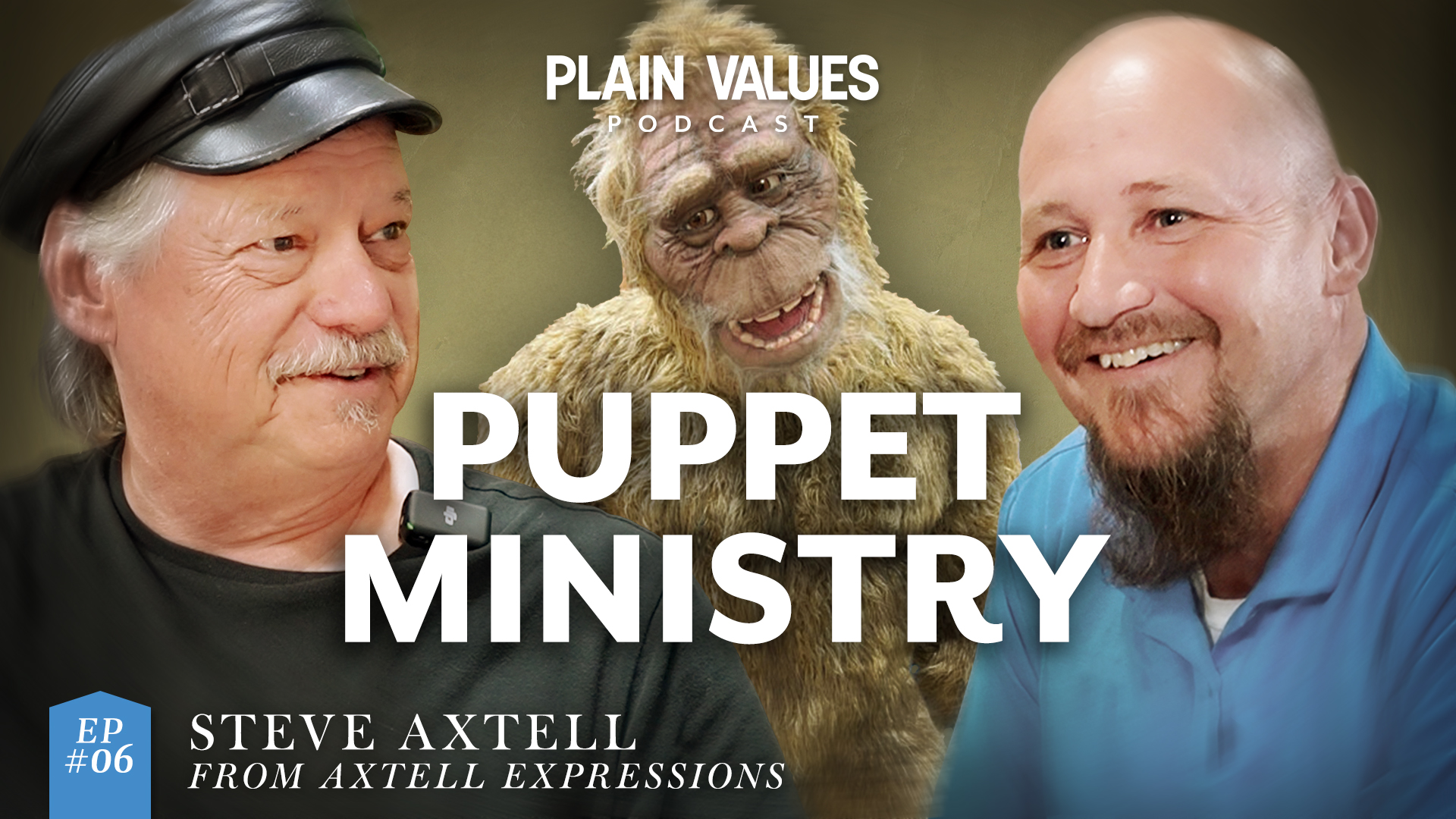

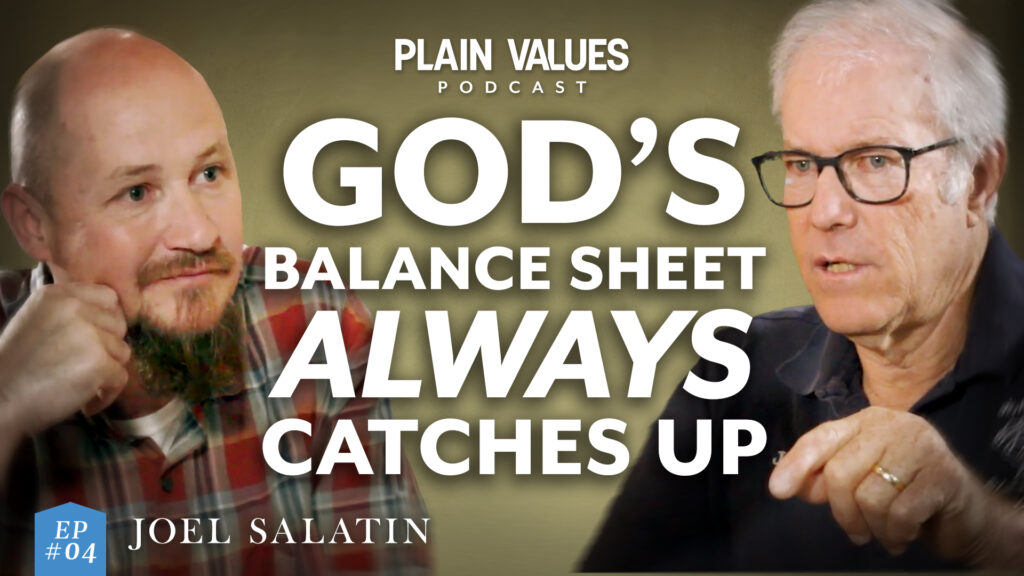
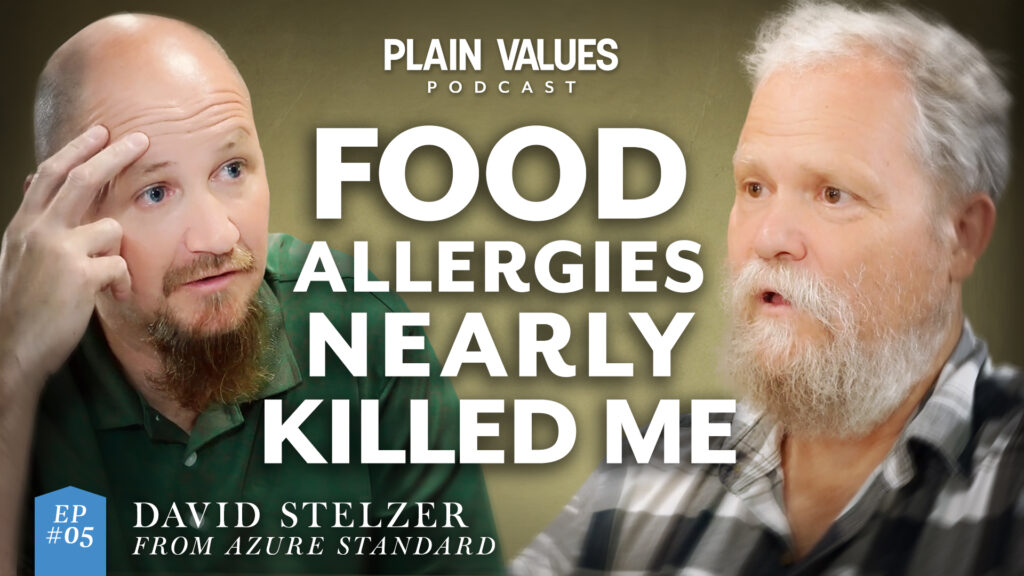
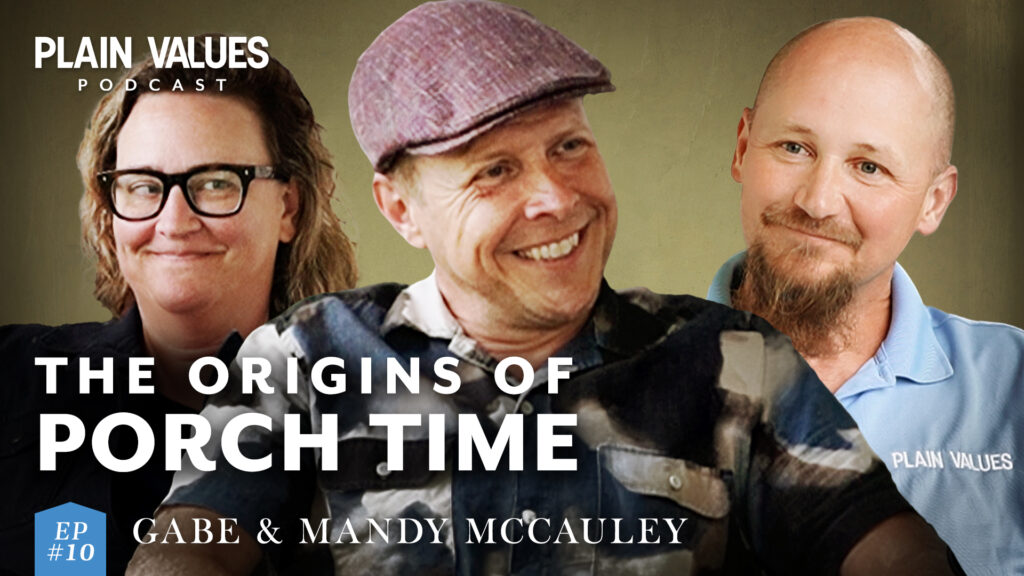




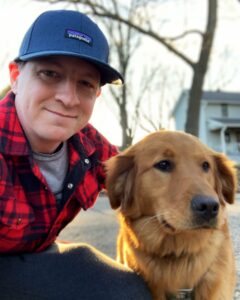

Leave a Reply